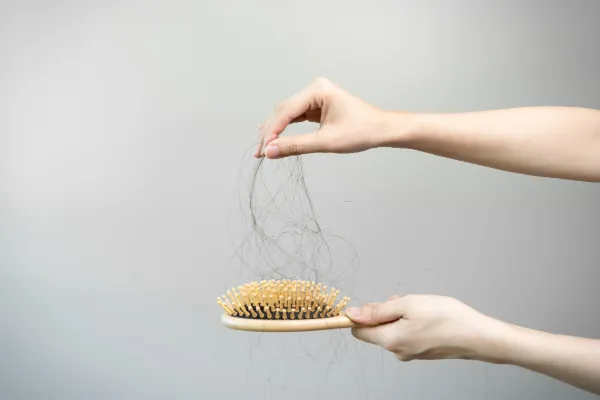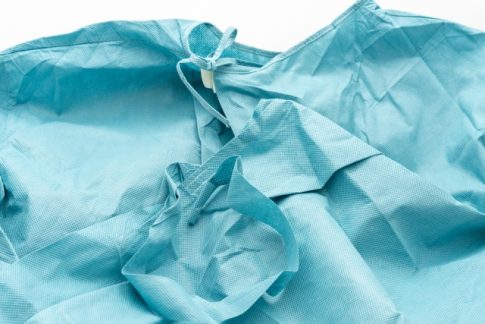この記事の概要
After hair transplant surgery, you will experience many changes not only in your appearance, but also psychologically and in your life. Below are some ways to help you adjust to your new identity and lead a positive life.
1. Adapt to changes in appearance
Look in the mirror and get used to your new self
Early changes: Immediately after surgery, the transplant site may be red and swollen. This is temporary and will subside in a few weeks.
Hair begins to grow: New hair begins to grow 3 to 4 months after surgery, and final results are seen in 6 to 12 months. Look in the mirror and get used to your new self while enjoying the daily changes.
enjoy new hairstyle
Styling freedom: The extra hair that comes with a hair transplant allows you to try out different hairstyles. Find a style that suits you and have fun.
Professional advice: You can create a more attractive hairstyle by getting advice from a hairdresser or stylist.
2. Increased confidence and self-esteem
have a positive self-image
Improved self-esteem: Improving your appearance after a hair transplant will improve your self-esteem. Have confidence in yourself and try new things.
Positive self-talk: Speaking positive words to yourself will improve your self-image. For example, it’s important to say to yourself, “I look great in my new hairstyle.”
confidence in social situations
Improved interpersonal relationships: When you feel more confident about your appearance, your interpersonal relationships will improve as well. Your communication with people will become smoother and you will be able to participate more actively in social situations.
Confidence in professional situations: You will be able to approach your work with confidence. It is expected that confidence will be directly linked to performance and opportunities for career advancement will increase.
3. Maintain a healthy lifestyle
balanced diet
Importance of nutrition: A balanced diet is important to maintain hair health. Be sure to consume foods rich in vitamins, minerals, and protein.
Specific foods: Whole grains that contain B vitamins, lean meats and spinach that are rich in iron, and fish that contain omega-3 fatty acids are especially good.
moderate exercise
Promote blood circulation: Moderate exercise is important to promote blood circulation and supply nutrients to hair follicles. Walking, light jogging, and yoga are recommended.
Stress Reduction: Exercise is also effective in reducing stress. Stress management is also important for maintaining hair health.
Improved sleep quality
Get enough sleep: Good sleep supports your overall health and promotes hair growth. Get 7-8 hours of sleep every day.
Improving your sleep environment: Improve the quality of your sleep by creating a comfortable sleep environment. Make sure you have a dark, quiet room, the right temperature, and comfortable bedding.
4. Continuing care and follow-up
Regular doctor visits
The importance of follow-up: Regular doctor visits will check the health of the transplant site and existing hair. You can receive additional treatment and care if needed.
Specific schedule: Visit your doctor regularly for one month, three months, six months, one year after surgery, etc. as directed by your doctor.
Continuation of scalp care
Wash your hair properly: Use the right shampoo and wash your hair gently to keep your scalp clean. Avoid excessive washing and be careful not to damage your scalp.
Moisturizing and massaging: Moisturizes the scalp and prevents dryness. Scalp massage also promotes blood circulation and helps hair growth.

5. Psychological support
Use of counseling
Professional support: It is also effective to receive support from a psychological counselor to help you cope with the psychological changes after surgery. Anxiety and stress can be reduced through counseling.
Group support: Interacting with others who have also undergone hair transplant surgery can also provide psychological support. Sharing experiences and encouraging each other will help make the adjustment smoother.
relaxation and stress management
Relaxation techniques: Relaxation techniques such as meditation, deep breathing, and yoga can reduce stress and maintain mental health.
Hobbies and Activities: Spending time on hobbies and favorite activities can help you relax and relieve stress.
6. Combination with other treatments
Ongoing drug therapy
Minoxidil and finasteride: Medications such as minoxidil and finasteride are continued after hair transplant to maintain existing hair and promote new hair growth.
complementary treatments
PRP therapy: PRP therapy increases the survival rate of transplanted hair and promotes hair growth. The effects can be further enhanced by receiving regular PRP injections.
Low-power laser therapy (LLLT): Incorporates an at-home laser device to support hair growth. Regular use will maintain the health of the transplanted hair.
in conclusion
Hair transplant surgery not only improves your appearance, but also brings about many positive psychological changes. To adapt to your new self, it’s important to get used to your new appearance, feel confident, and maintain a healthy lifestyle. By continuing to see your doctor regularly, receive appropriate care, and receive psychological support when necessary, you can smoothly adapt to your new self and live a positive life.
Hiro Clinic Hair Transplant
At Hiro Clinic, we recommend Natural Pro FUE treatment, which treats hairless areas where oral treatment or injection therapy is not effective, and leaves almost no visible scars. By harvesting hair roots from the back of the head and shaving the area, post-surgery management is easier, and only the required number is transplanted with a natural finish. It can be performed as a same-day surgery using local anesthesia, provides gradual hair growth at an affordable price, and can be safely performed in Japan.








